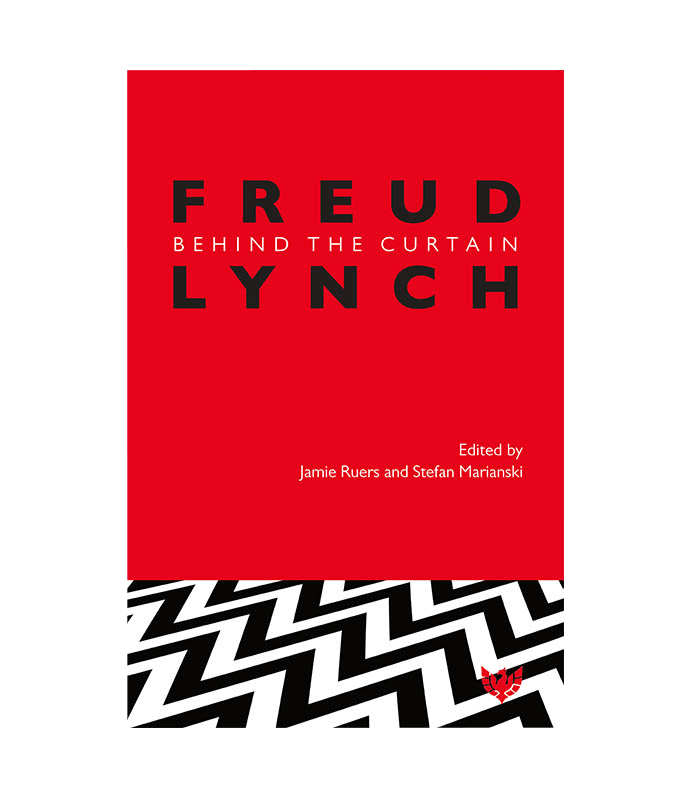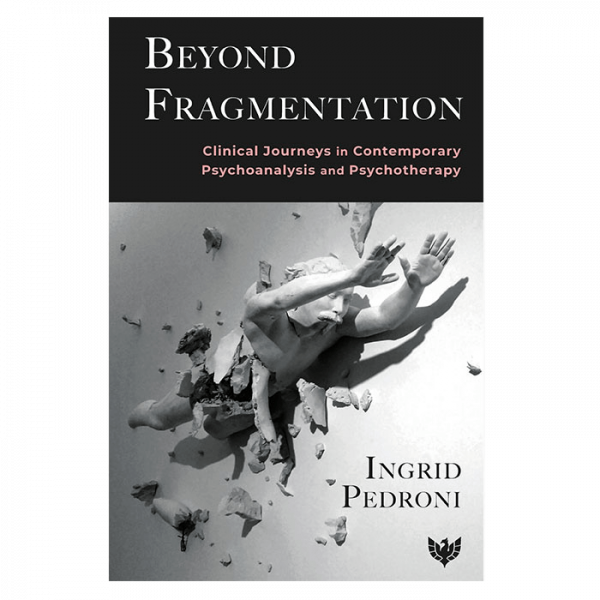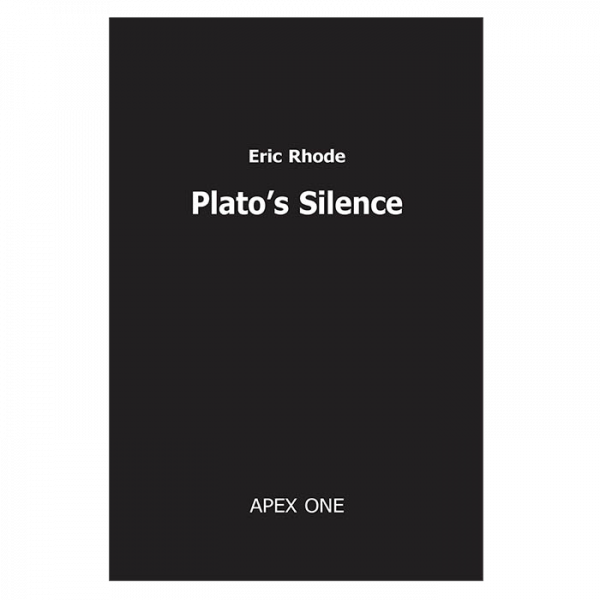The films of David Lynch are sometimes said to be unintelligible. They confront us with strange dreamscapes populated with bizarre characters, obscure symbols and an infuriating lack of narrative consistency. Yet despite their opacity, they hold us transfixed.
Lynch, who once told an interviewer “I love dream logic,” would surely agree with Sigmund Freud’s famous claim that “before the problem of the creative artist, psychoanalysis must lay down its arms.” But what else might the two agree on?
With contributions from scholars, psychoanalysts, cinephiles and filmmakers, this collection of essays explores potential affinities and disjunctions between Lynch and Freud. Encompassing themes such as art, identity, architecture, fantasy, dreams, hysteria and the unconscious, Freud/Lynch takes as its point of departure the possibility that the enterprise in which these two distinct investigators are engaged might in some sense be a shared one.







Slavoj Žižek –
Freud and Lynch are predestined to meet. Only through Freud can we discern in Lynch’s films an authentic effort of thought, not just a postmodern confusion. And only through Lynch’s films can we see how relevant Freud’s theory remains for grasping the crazy predicament we live in. Freud/Lynch is thus a collection of essays which was predestined to be written.
Bobby K, ‘Diane Podcast’ –
Freud–Lynch, in their respective deployment of the tools of analysis and immersion, are among the West’s most important cartographers of the dream space. Approaching this mutual territory from contending directions, an important unification is achieved through the essays in this spirited collection: what appear to be opposing modes of uncovering the most obscured patches of human consciousness are revealed to not just share complementary features. They in fact inhabit an entangled perspective, suggesting a common oneiric logic.
Oliver Cutler, Cinematheme Magazine 2022 –
‘this collection raises several important questions, pertinent both to psychoanalysis and an appreciation of Lynch. What are the implications of trying to interrupt trauma? To what extent is Lynch’s oeuvre an attempt to confront the malevolence of the Other? At what point do hysteric representations begin to hystericize the spectator? Can the free association of psychoanalysis be reconciled with the free association of transcendental meditation? By exploring these questions, the reader can begin to peer behind the Lynchian curtain and will, most likely, see quite a bit more than they might have expected to. The collection feels fresh and unquestionably offers more than just a rehashing of the popular psychoanalytic readings of Lynch.’
Avshalom Halutz, ‘FINDING FREUD BEHIND LYNCH’S RED CURTAIN’, ‘Haaretz Magazine’, 2023 –
‘[A] must-read book […] born out of a conference the two organized in London on the topic in 2018, which garnered attention and positive reactions. […] Lynch requested copies of the book to be added to his library.’
Jessica Datema and Vanessa Sinclair, Psychoanalysis, Culture and Society, 22 June 2025 –
‘A collection of prolific and inventive essays that cut across artistic genres and boundaries to construct a new type of critical engagement.’